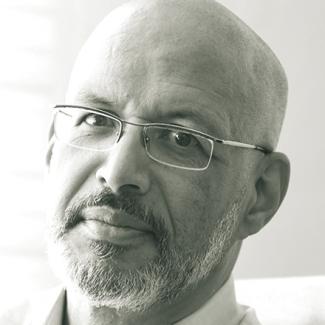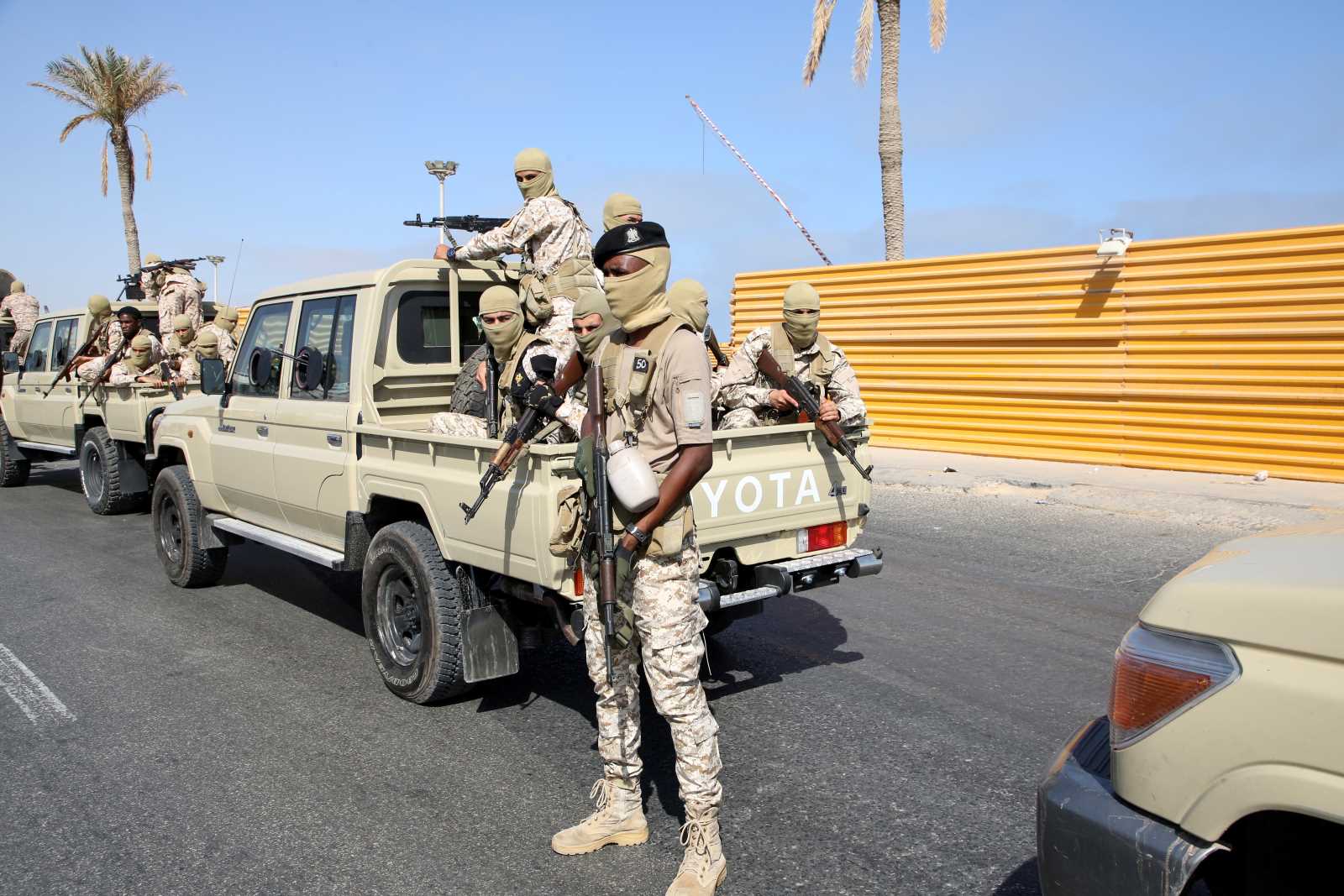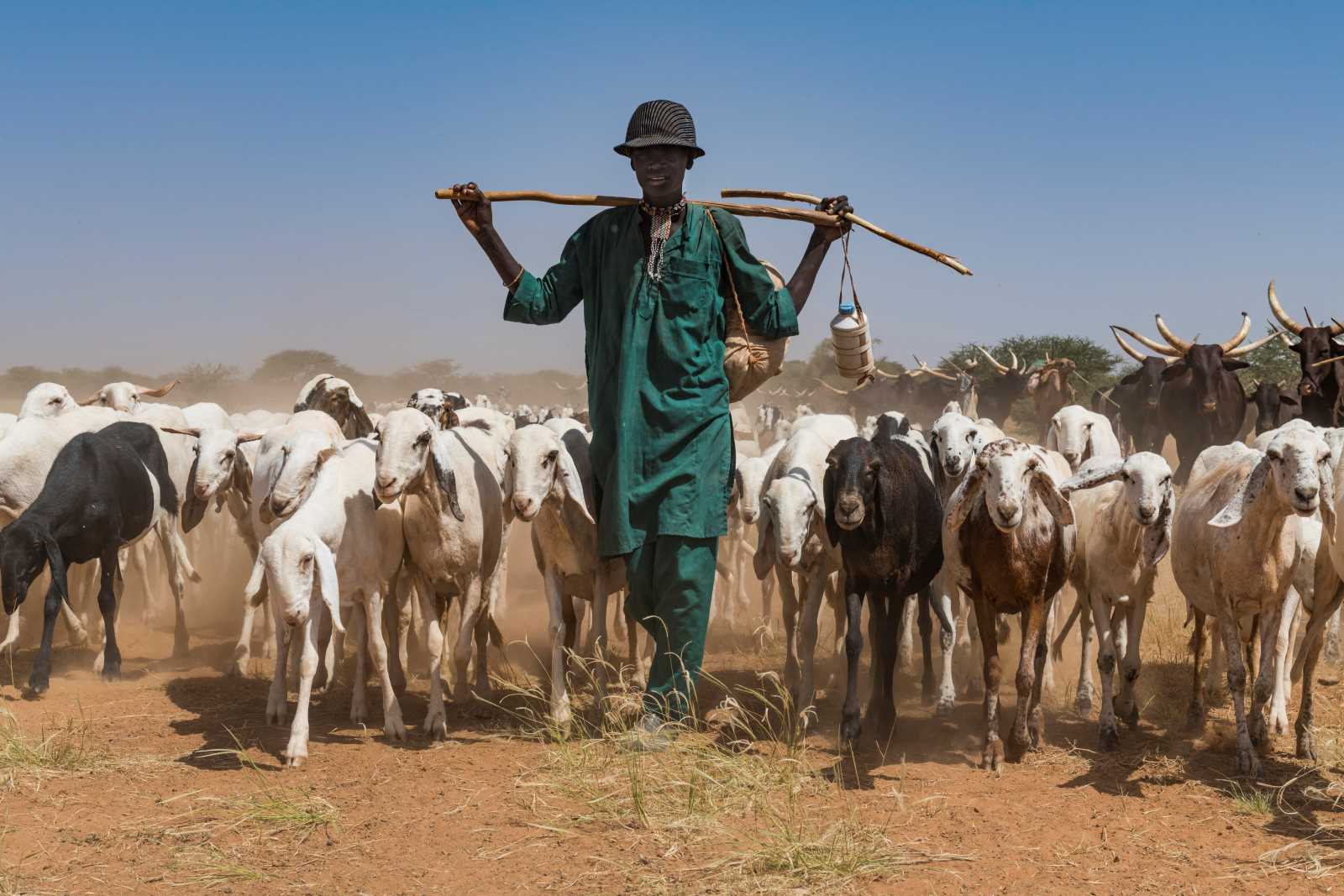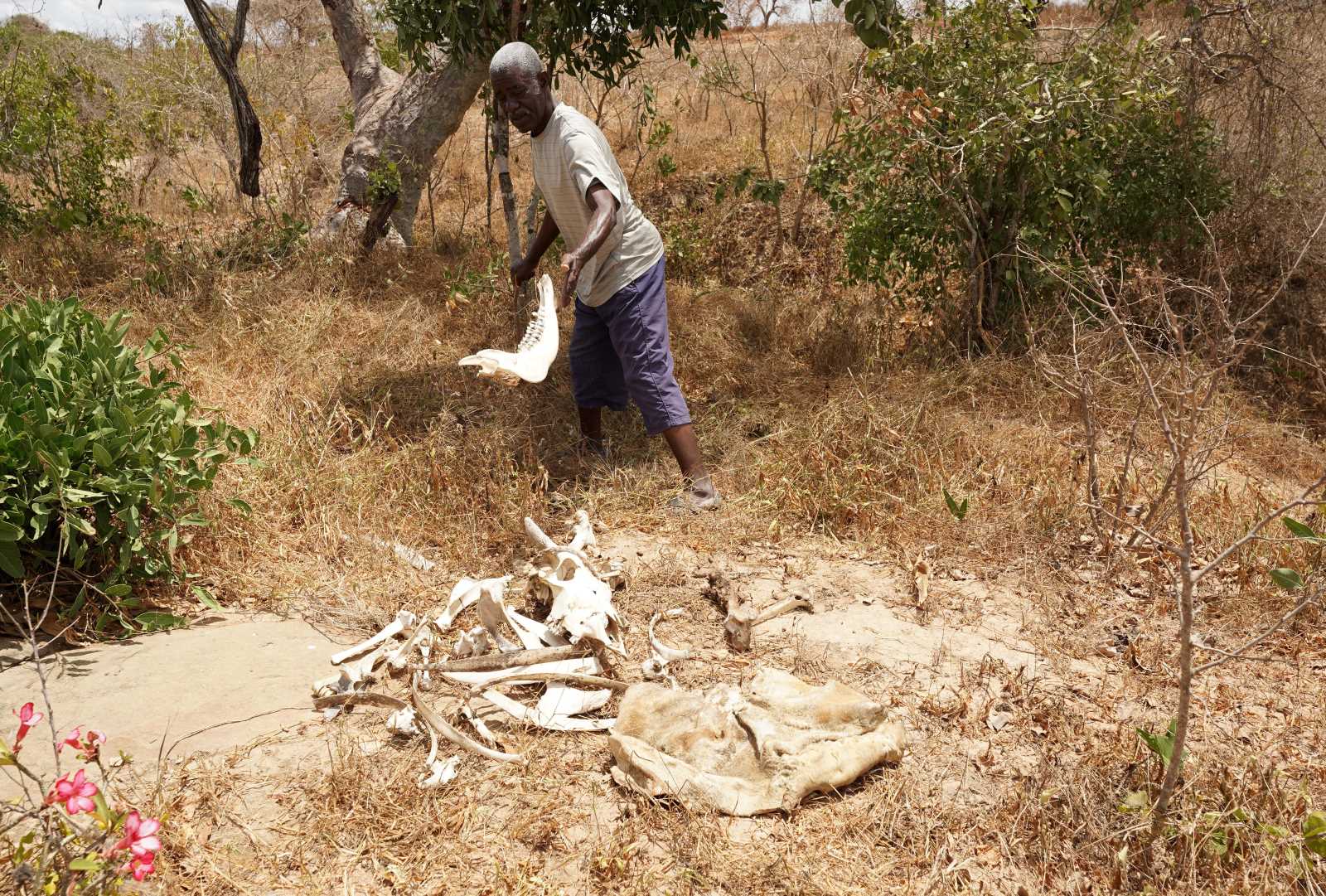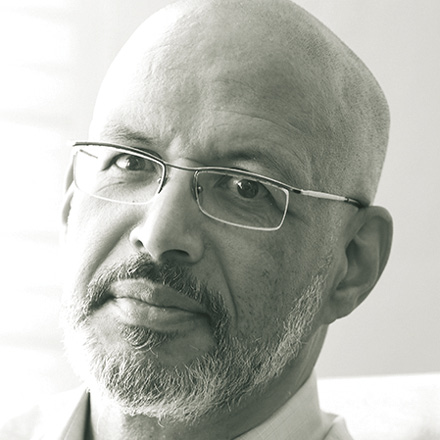Drought
Travelling far to keep herds alive
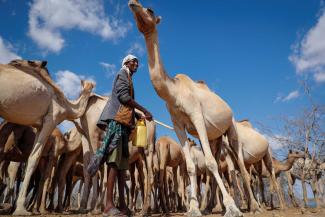
Most people in the drought-stricken regions of Eastern Africa (see main story) practice a pastoralist lifestyle. They depend on herds of animals, especially camels, cattle and goats.
Water and pastures are the most important resources. Herding work is done by the men, especially young men. They roam vast areas with the herds in search of water and grasslands. They typically carry arms to protect their animals and themselves. In times of crisis, herders travel very far and cross international borders to ensure the animals survive. Women, children and the elderly stay behind in the villages, with the women caring for children as well as the elderly.
As vital resources – especially water and pastures – are becoming increasingly scarce, clashes occur more frequently. Sometimes, herders fight with competing herders and sometimes with farmers. Such violence is often interpreted in terms of ethnic, cultural or tribal belonging and may trigger wider inter-community strife. Traditions of revenge are common, leading to further loss of life and depletion of resources.
Women are particularly at risk, as villages can be attacked too. Moreover, drought means that they have to walk excruciatingly long distances to fetch water. When food become scarce, moreover, they often prioritise feeding the children, radically limiting the amounts they eat themselves.
The destructive pattern is that extreme weather can cause local clashes which may then escalate into regional crises which transcend national borders. It shows that natural and human-made disasters can be mutually reinforcing.
In the long run, nomadic pastoralism is incompatible with growing population density and climate change. Both trends meant that natural resources will never be as abundantly available as they were in the past. To fight poverty long term, humanitarian relief must thus be linked to developmental action as well as peace building.
Christoph Schneider-Yattara is the regional representative of Bread for the World’s Horn of Africa Regional office.
csyattara@padd-africa.org
